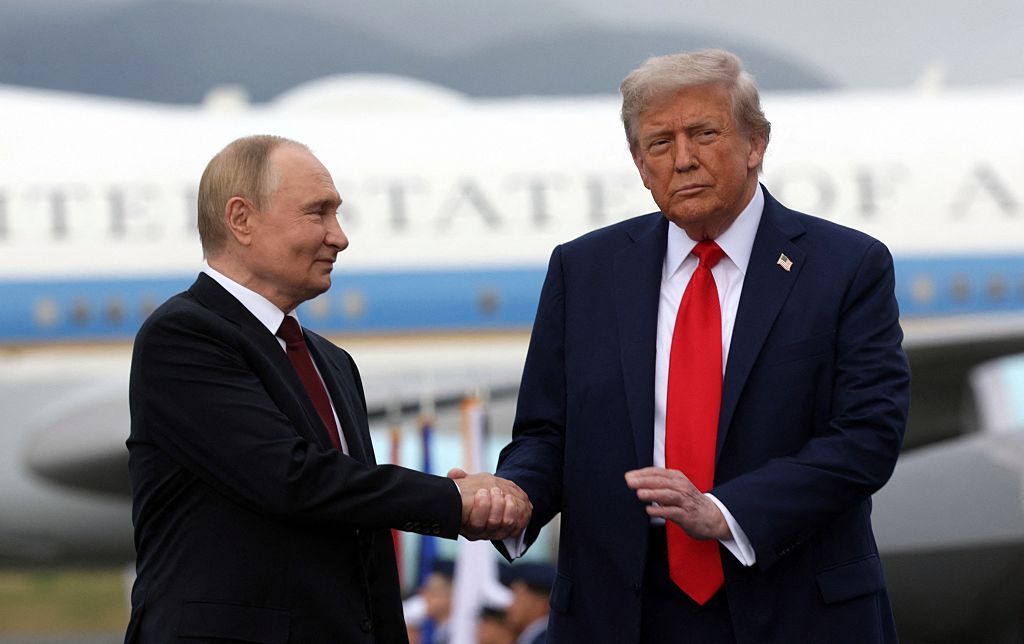Russia's refusal to declare ceasefire casts doubt on peace process, Zelensky says ahead of White House talks

Russia's continued refusal to accept a ceasefire "complicates" efforts to achieve a sustainable peace agreement, President Volodymyr Zelensky said on Aug. 16, a day after Russian President Vladimir Putin and U.S. President Donald Trump met to discuss ending the war in Ukraine.
The Trump-Putin summit in Alaska concluded without a peace deal and saw Trump abruptly abandon his previous demands for a ceasefire and threats of "severe consequences" if Russia refused. Trump is now championing a rapid peace deal as the best way forward and will discuss the details with Zelensky and European officials at the White House on Aug. 18.
Russia's rejection of all ceasefire proposals "complicates the situation," Zelensky said on Telegram on Aug. 16.
"If they do not have the will to implement a simple order to stop the attacks, it may take a great deal of effort to get Russia to implement something much more significant, namely peaceful coexistence with its neighbors for decades to come," he wrote.
Zelensky said that he and his team were continuing to hold talks with Ukraine's international partners throughout the day and weekend in preparation for the meeting with Trump on Aug. 18.
"I am grateful for the invitation," Zelensky said.
"It is important that everyone agrees that a conversation at the leadership level is needed to clarify all the details and determine what steps are necessary and will work."
Trump has said that following the meeting with Ukrainian and European leaders at the White House, the next step will be to host trilateral talks among himself, Zelensky, and Putin. Trump reportedly wants to hold the trilateral meeting as early as Aug. 22, according to Axios.
Putin has not publicly agreed to participate in a meeting with Zelensky.
Ukrainian and European officials have consistently called for a complete cessation of hositilities as a precondition for good-faith peace negotiations between Kyiv and Moscow. The Kremlin has rejected these demands at every turn, insisting that Ukraine first make extreme concessions — such as the dissolution of its army and the refusal to accept foreign military aid.
The results of the Alaska Summit showed no indication that Putin had abandoned his maximalist objectives in Ukraine.











